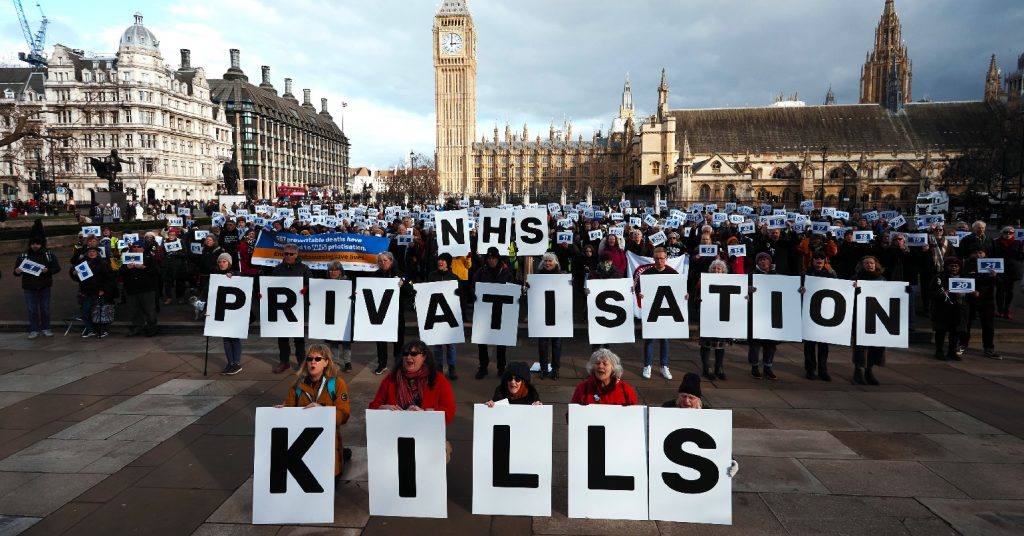Green Party of England and Wales Conference Day 1: Science and Inequality
So, first day of conference, not always a lot to report from Thursday, it’s a half day and much of the time is the standing orders committee report but there were a couple of interesting points yesterday.
First of all, science. This is one area where, as has been well pointed out, a lot of people who might otherwise support us have a real problem, myself included. Fortunately, it looks like this might soon be changing. This conference we’ll be voting to begin a full review of our science policy and, in a separate motion, to remove the embarrassing and patronising policy we currently have requiring all scientists and technologists to take an oath to respect the Earth.
As was pointed out during the workshop before the vote, we don’t require bankers to pledge not to ruin the economy, or politicians, or, indeed, any other profession. Singling our scientists and technologists in this way, which would not, in fact, have any real effect in reducing harmful practices, makes us look anti-science, it undermines our efforts to promote understanding of and defend climate science and it puts people off. At a time when the other parties are attacking academic research, through cuts and the IMPACT agenda, when the top ten Tory bloggers don’t believe in man made climate change, we should be the natural home of scientists. But one or two policies put people off, they give a misleading impression of our attitude to science and offer the media and our opponents an easy stick with which to beat us.
Fortunately, as I write this, we’ve just voted overwhelmingly to remove that pledge. It’s a good start. We voted without any opposition to begin the review of science policy too and hopefully we’ll bring something more consistent, more sensible and more appealing to the science community to conference in the Autumn or next Spring. And hopefully it’ll pass just as easily as the two motions this conference.
Of course, science isn’t the only area of policy we’re looking at this year. Yesterday we also voted to pass a maximum wage. No person could earn more than ten times that of the lowest paid employee (pro rata) in any company. We’d also ban bonuses larger than the yearly pay of the lowest paid in the company. A factor of 10 seems a reasonable differential to me. One concern, however, raised during the debate as a reason to refer the motion back for further work, might be that if implemented at a company level lower paid workers could simply be contracted out, or a company even split into two, one for the workers and one for the management. A national maximum wage, calculated against the national median or mean wage, might, therefore, be more sensible. That view didn’t prevail though. Darren Johnson, London AM, told us he hadn’t supported previous proposals for a national 100% income tax rate at some level but did, enthusiastically, support this motion. He told us we don’t need all the technical details in the MFSS (the English and Welsh party’s policy reference document), just broad principles. And, as Caroline Lucus told us in her speech this morning, the top 10% of the country are now have 100x the wealth of the bottom 10%. A maximum wage could go someway to reducing this inequality and might well prove popular in the current climate.
Emergency Motions!
Just the two emergency motions yesterday. Conference unanimously backed Billy Bragg’s campaign against bonuses at state-owned bank RBS and the BMA’s campaign against the commercialisation of our health service. As an amendment to that it was also noted that the RCN (Royal College of Nursing) have a similar campaign too.
So an exciting day one. Lots more motions today. I’ll try to keep you all up-to-date with what’s going on with those.




The national minimum wage policy also has the added benefit of potentially bringing up the lowest wages, as a small increase in pay for them would mean a 10 fold increase for the top brass.
Also, why don’t we ask politicians to take an oath to respect the earth…?
While the principle is sound, I do see enforcement problems with the 10x wage policy: as you’ve hinted at, it may be that employers would use more contract workers or outsourcing. Perhaps another alternative is to increase income taxes in relation to the distance from the median wage, rising to a rate of 100%: this might be easier to implement and generate more revenue.